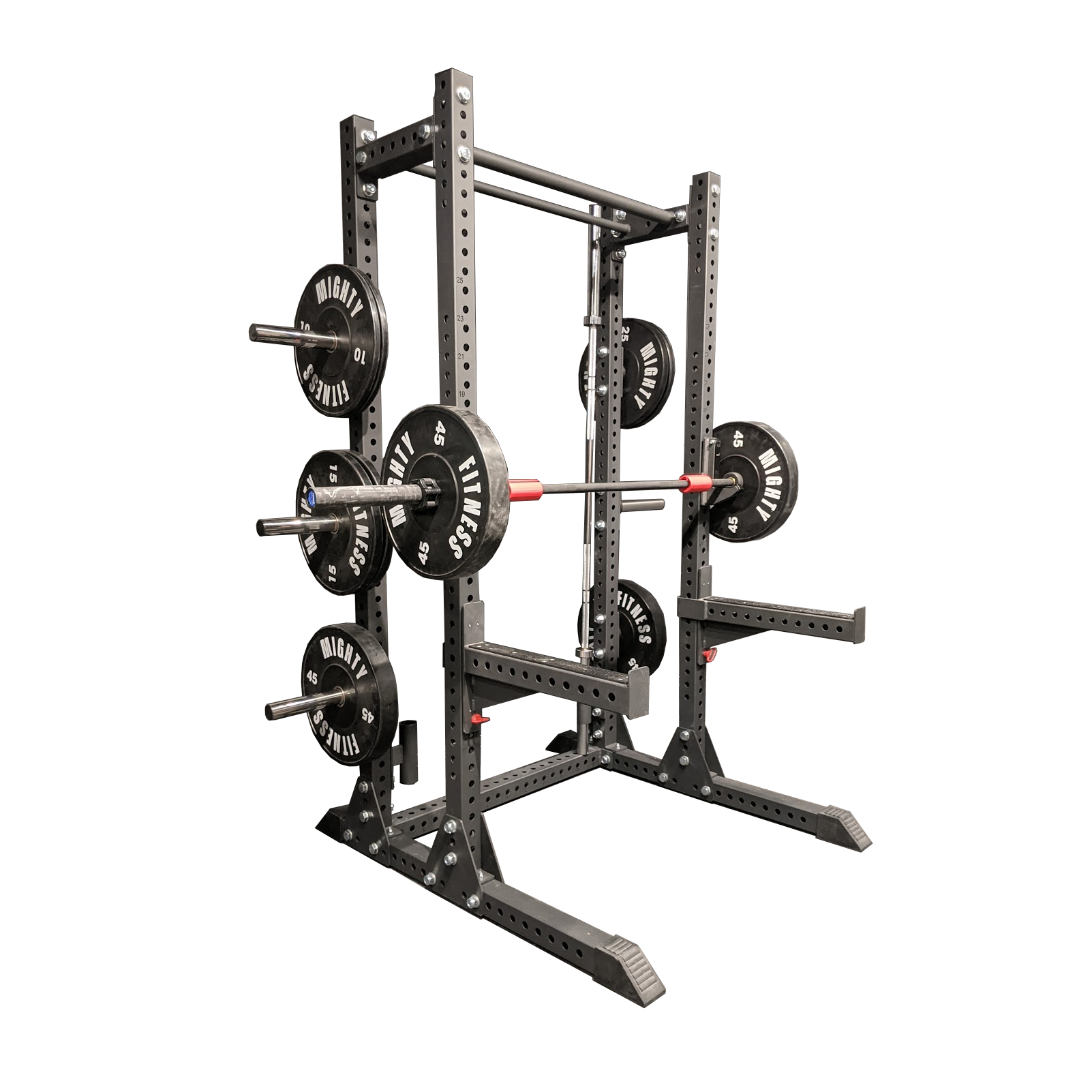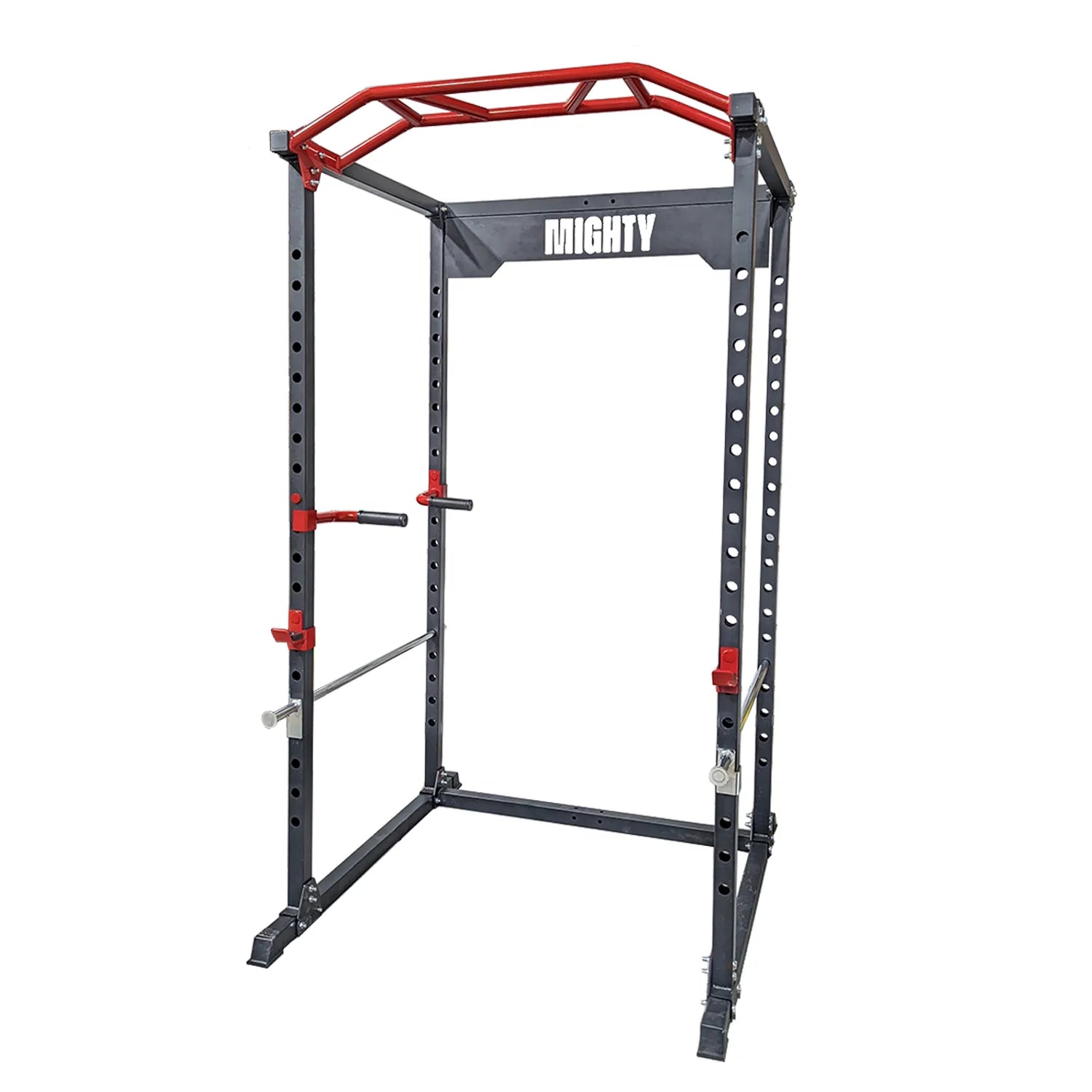Aerobic exercise: Exploring the benefits for everyone
Regular aerobic movement, such as walking, bicycling, or swimming, will help you live a longer and healthier life. Do you want to be motivated? Examine the effects of aerobic exercise on your heart, lungs, and blood flow. Then get exercising and start reaping the benefits.
Throughout the aerobic action, you move massive muscles in your arms, legs, and hips repeatedly. You'll rapidly see how your body reacts.
How does your body react to aerobic exercise?
During aerobic activity, you move big muscles in your arms, legs, and hips frequently. You'll rapidly see how your body reacts.
You'll be breathing faster and deeper. This increases the amount of oxygen in your bloodstream. Your heart rate will increase, increasing blood flow to your muscles and back to your lungs. Your small blood vessels (capillaries) will dilate to carry more oxygen to your muscles and waste products like carbon dioxide and lactic acid away. Endorphins, natural painkillers that produce a sense of well-being, will be released by your body.
Benefits of Aerobic Exercise
Improve your endurance, fitness, and strength.
When you first start doing regular aerobic exercise, you will feel weary. However, you will benefit from increased stamina and decreased weariness in the long run.
Over time, you'll also get greater heart and respiratory fitness, as well as bone and muscle strength.
Keep extra pounds at bay
Aerobic exercise, when combined with a good diet, can help you slim down and keep it off.
Defend against viral infections
Aerobics intelligently activates your system. This may make you less susceptible to viral diseases, prefer colds, and therefore
lowering your health's dangers
Aerobics minimizes the likelihood of a variety of conditions. Obesity, heart disease, excessive force per unit area, type 2 diabetes, metabolic syndrome, stroke, and some types of cancer are among these disorders. Weight-bearing aerobic workouts, such as walking, can help reduce the risk of osteoporosis.
Control chronic conditions
Aerobic exercise may help decrease blood pressure and regulate blood sugar levels. It helps reduce discomfort and enhance performance in those who have arthritis. It can also improve cancer survivors' quality of life and fitness. Aerobic exercise may help you manage your arteria illness if you have it.
Make your heart stronger
A stronger heart does not have to beat as quickly. A stronger heart also pumps blood more efficiently, improving blood flow to any or all parts of your body.
Maintain the health of your arteries
Aerobics improves your lipoprotein (HDL), the "good," cholesterol, while decreasing your beta-lipoprotein (LDL), the "bad," cholesterol. This may result in less plaque accumulation in your arteries.
Improve your mood
Aerobics may alleviate depression's darkness, reduce anxiety's pressure, and promote relaxation. It can boost your mental health and self-esteem. It can also help you sleep better.
As you get older, stay active and freelance
Aerobics strengthens your muscles, which may help you maintain quality as you age. Exercise can also reduce the risk of falls and injuries in older persons. It can also improve your quality of life.
Aerobics also helps to keep your mind alert. Regular physical activity may help older persons protect their memory, reasoning, judgment, and thinking skills (cognitive function). It should also boost psychological performance in children and young adults. It will even help to prevent the beginning of dementia and increase understanding in dementia patients.
Live a longer life
According to studies, people who engage in regular aerobics have longer lives than those who do not. They will also have a lower risk of dying from any reason, including heart disease and some malignancies.
Final Words
Are you able to garner a lot of attention? Great. Simply remember to take little moves at first. If you've been inactive for a long time or have a chronic health issue, ask permission before you begin.
Start slowly once you're able to begin exercising. You might walk for 5 minutes in the morning and 5 minutes in the evening. Any physical exercise is preferable to none. Add several minutes to each walking session the following day. Acquire some speed as well. Soon, you'll be walking briskly for at least a half-hour five days a week, getting all the benefits of regular cardiovascular activity. If you exercise frequently, you will reap even more benefits. Likewise, attempt to sit less and move more during the day.
Are you short on time? Try a high-intensity interval training sweat and enjoy a good with the same benefits as a conventional aerobic workout in less time. Interval training consists of alternating between short bursts of high activity and longer bursts of less intense activity.


